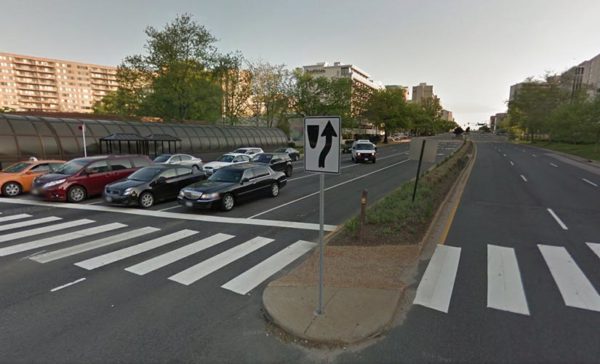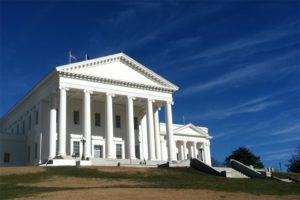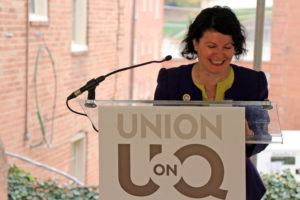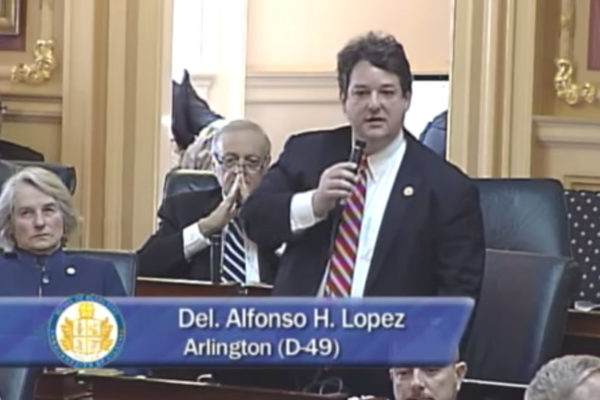 The Virginia General Assembly concludes the second week of its annual session today, and soon eyes will begin to turn toward passing the state budget.
The Virginia General Assembly concludes the second week of its annual session today, and soon eyes will begin to turn toward passing the state budget.
State Sen. Janet Howell (D), who represents the westernmost part of Arlington as well as a large chunk of Fairfax County, called the state’s budget outlook “bleak” while praising Gov. Terry McAuliffe’s proposed budget, which closes the projected shortfall through a series of tax changes and spending cuts. However, Howell and other Democrats say the budget doesn’t go far enough in improving the state’s K-12 education system.
“Fortunately, the Governor’s budget closes the budget gap. His budget is balanced,” Howell said in a newsletter to her constituents. “What we do not have, however, is any real ability to make investments in public education, higher education, human services, or workforce development.
“Direct aid to public education has been spared additional state cuts,” she continued. “However, unless we have a sudden, unexpected upswing in our economy, we will have to jettison a proposed and deserved salary increase. For context, in terms of per pupil general funds for public education, by FY 2016 we will be just back to FY 2008 levels on a statewide basis.”
This past summer, McAuliffe announced Virginia was projected to have a $2.4 billion budget shortfall over the next two years. Much of that deficit, Howell said at a recent Arlington Democrats meeting, can be traced back to cuts from the federal budget sequestration and the layoffs at government contractors it prompted.
Additional revenue growth has since reduced the deficit, and cuts to the state prison system and elsewhere have saved millions. Del. Patrick Hope (D) says the closing of tax loopholes for some corporations — most notably coal producers — are necessary to even preserve the current level of education funding.
“There are a lot of companies in Virgina that don’t pay any taxes,” Hope told ARLnow.com yesterday. “We’ve got hundreds of millions of dollars that Virginia gives out every year to companies for job creation, and research is coming out that that’s not happening today. We need to take a hard look at what those tax credits are, and if they’re not doing what the intended purposes are, we need to pull it back.”
Hope said a state yacht tax credit should also be stripped — “I can’t look my voters in the eye if I vote for a budget” that includes that tax credit, he said — but said that the budget should become more ambitious in terms of education spending. Funding K-12 education millions of dollars less than before the recession, without accounting for inflation, isn’t enough, he said.
“There’s no reason why spending shouldn’t go in the opposite direction,” he said. “We are out of the recession now, it’s time to fill those holes back up.”
Although some form of a balanced budget is expected to pass — which may include cuts to education, according to Hope, if the Republican-controlled General Assembly balks at the loophole cuts — Howell said the realities of the budget situation don’t figure to change anytime soon, especially after the sequester’s cuts to federal defense spending.
“Growth has halted or declined in the good-paying ($77k+/year) jobs in the ‘business and professional services’ categories. Instead, we are seeing more growth in lower-paying jobs, such as health, leisure and hospitality ($45k/year on average),” Howell wrote. “Unfortunately, no one believes this situation is a temporary one.”
File photo












